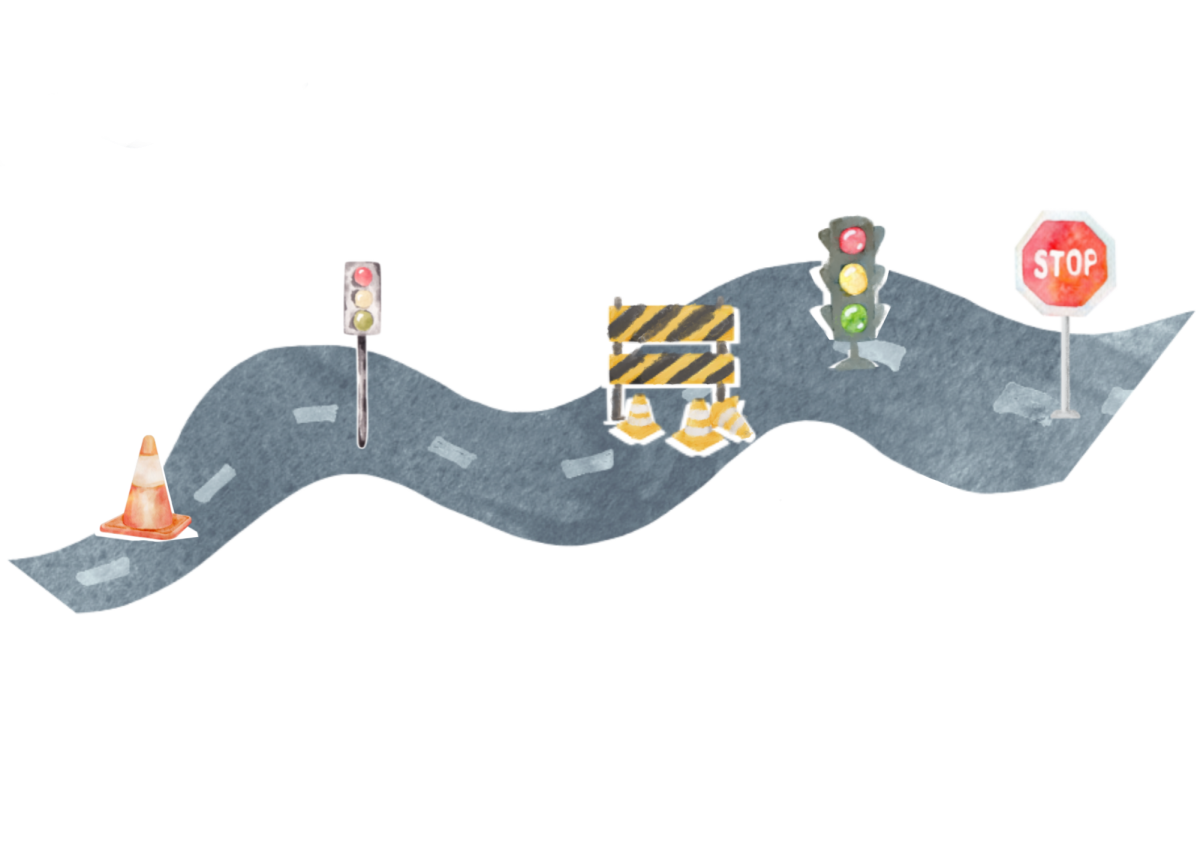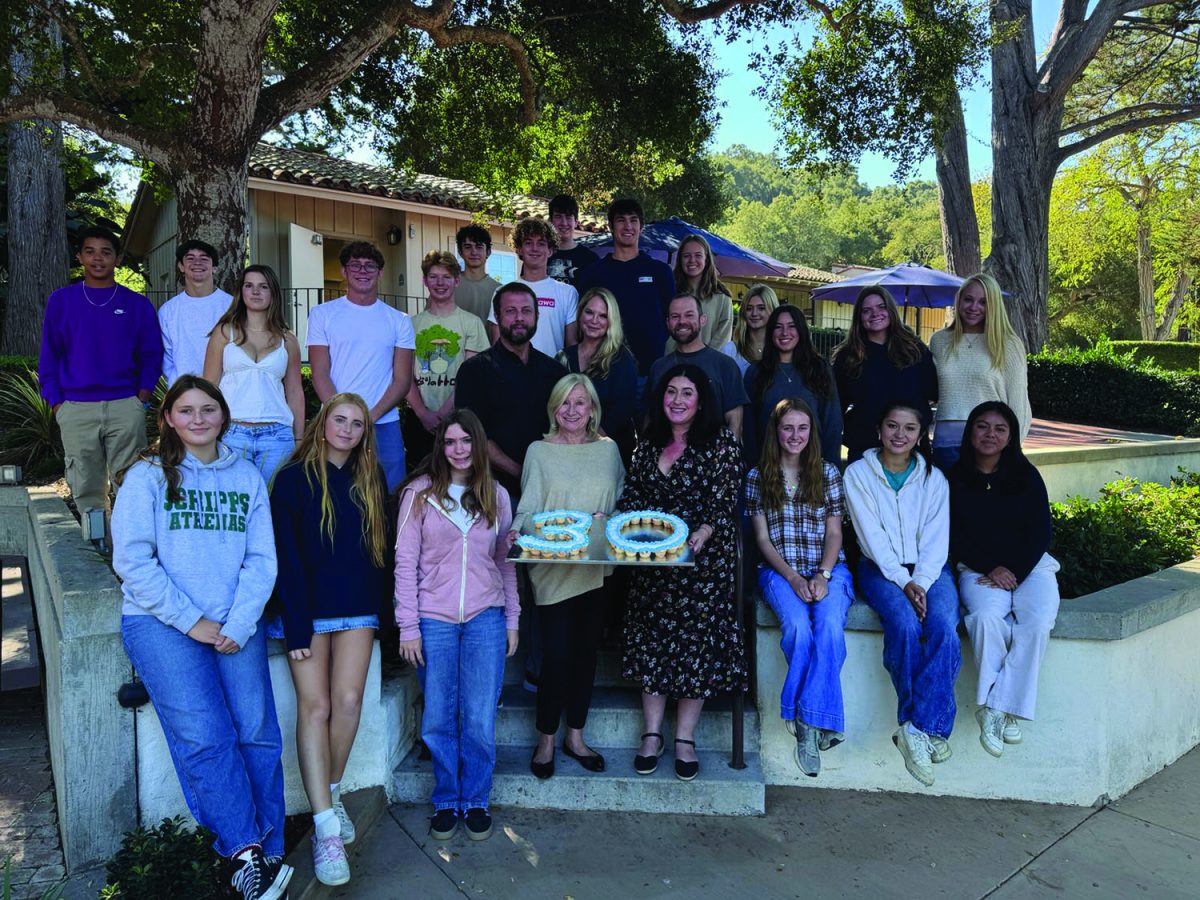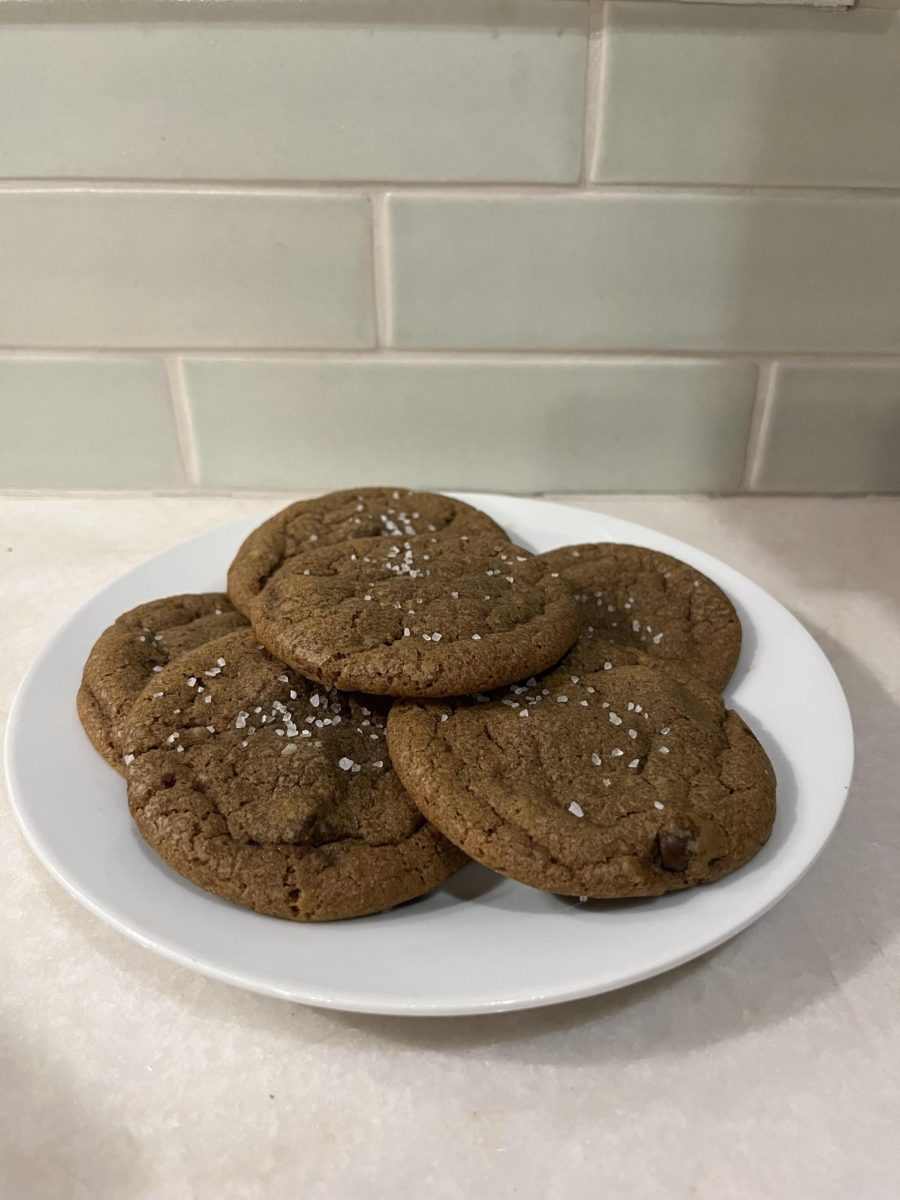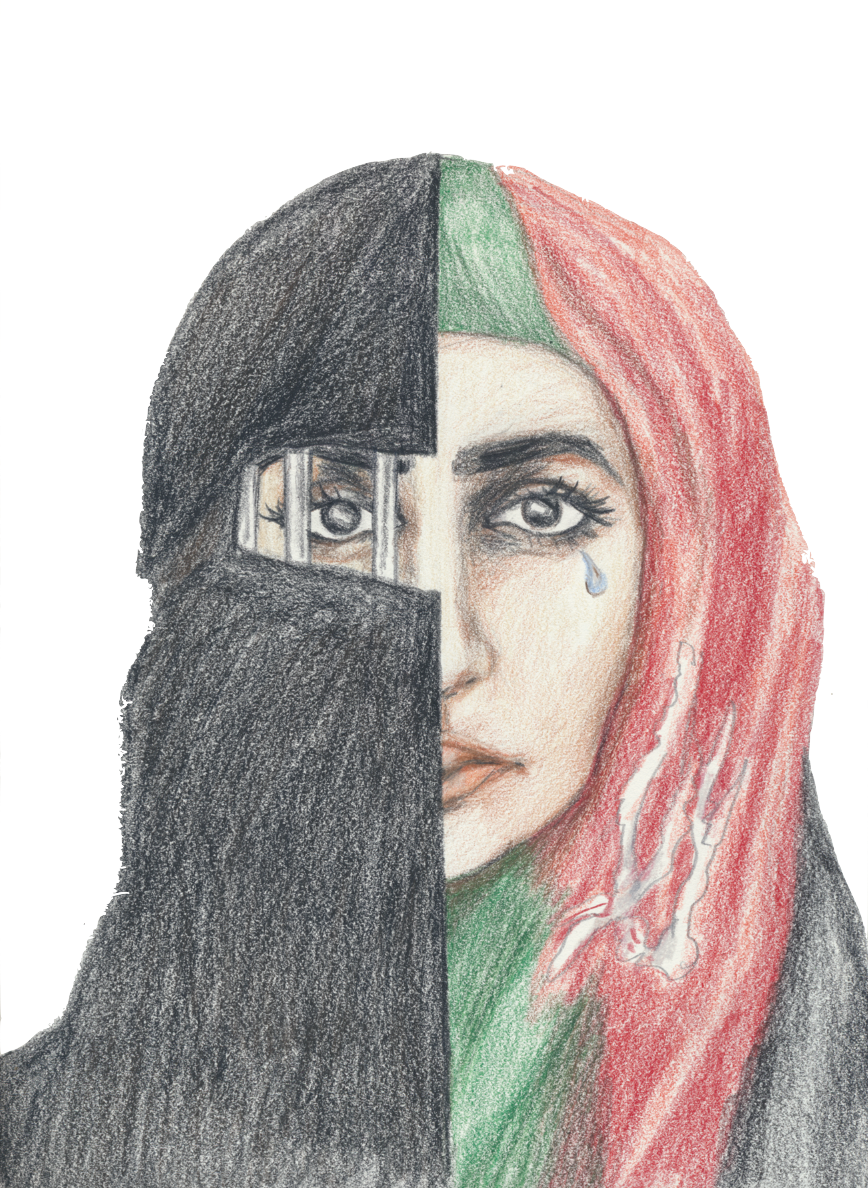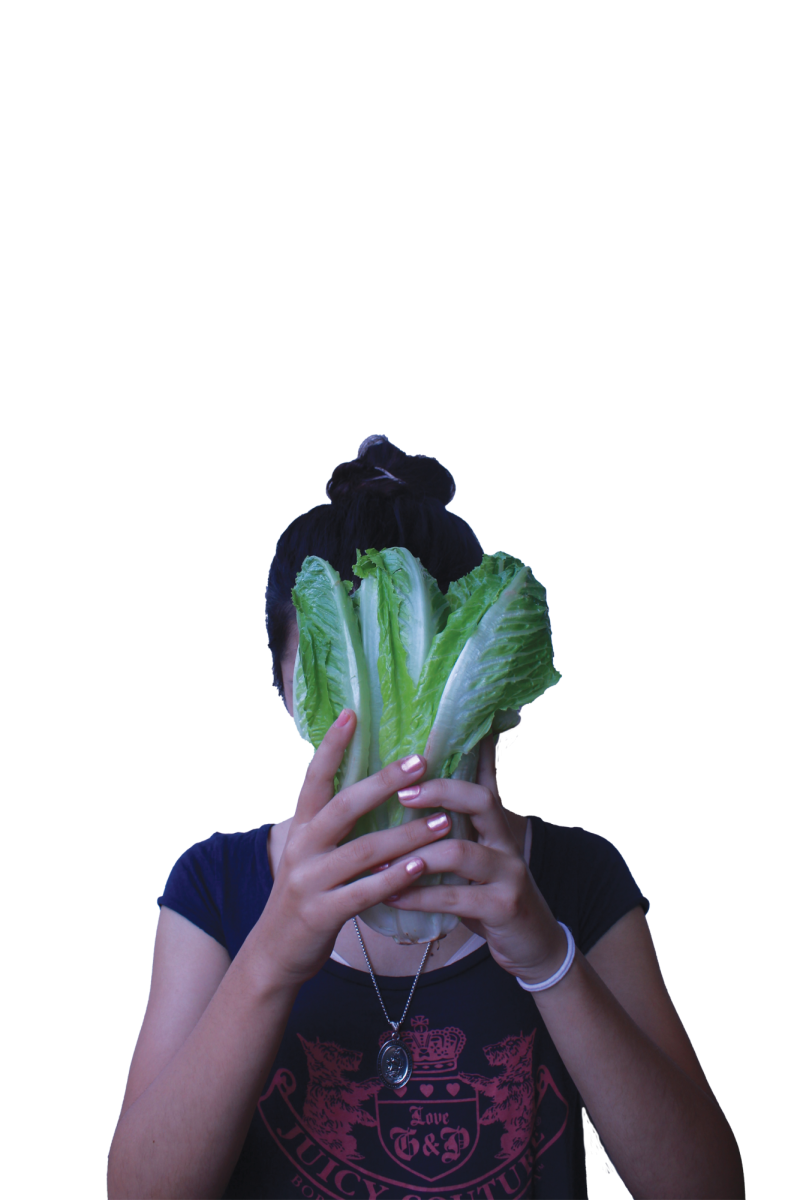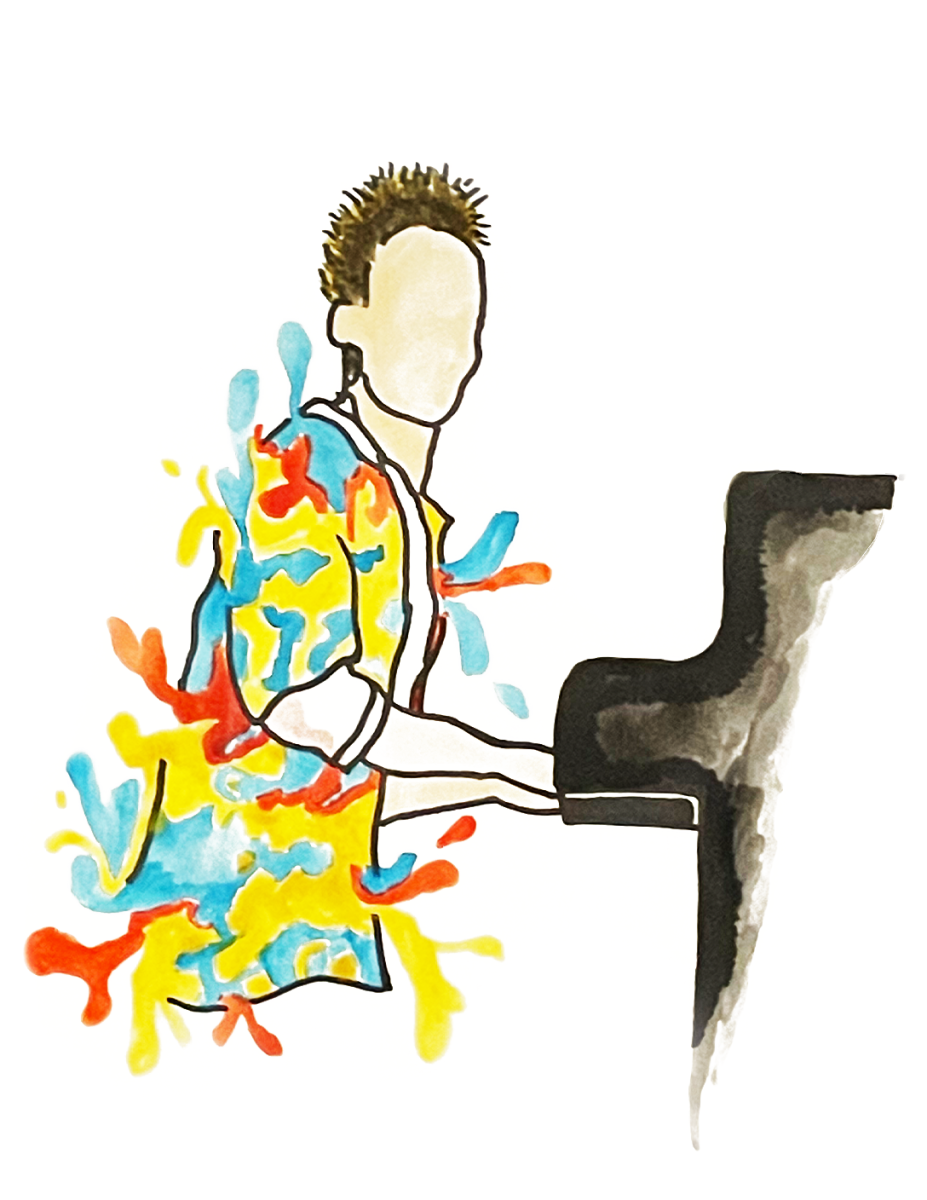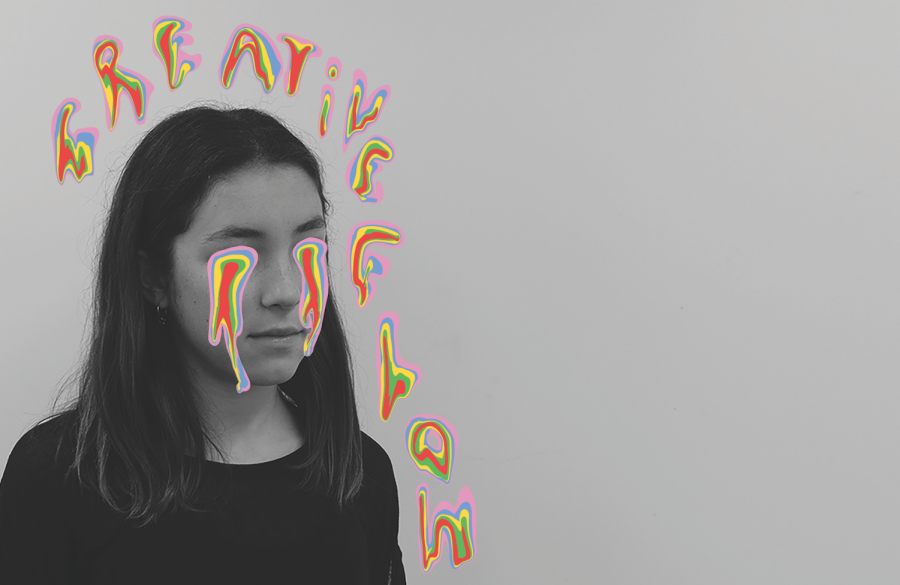How To Get Your Creativity Flowing
September 1, 2019
Our mental health and our ability to innovate all rests on our brain’s strength. Since our brain can’t lift weights, here are some excersises to master your inner creativity.
Meditating:
One way many get in touch with their inner self and thoughts is through the art of meditation and relaxation. This technique is best when being in space alone because science has shown that our best ideas are formed when we are not engaging with others and in solitude. Recently, Ms. Hill, the English instructor, has implemented relaxations before classwork begins. She said she does it because it is “helping [her students] get in touch with [their] bodies so that [they] being to inhabit the physical self… that’s why I guide the body relaxation and little by little [they] truly do relax.” Through relaxation methods, many people believe they cleanse their souls daily and therefore lead happier lives. Getting rid of all the negative thoughts and focusing on the present results in fresh thoughts and ideas.
Senior Sullivan Israel meditates by “taking long walks through nature. I am inspired by what I see, hear and feel. My mind is cleared by the silence and solitude.” The nature air is said to be healing and inspires thoughts that a stuffy classroom can’t.
Running:
Running is usually a dreaded activity but for the runners out there it’s more than that. Running long distances releases endorphins, not to mention the exercise that comes out of it. When you turn off the music and technology and spend quality time with yourself, the effects of nature running come through. This is something that a treadmill doesn’t do. When you breathe in the fresh air, there is something so relaxing—you take a step back to realize your place in the world. Looking at the world with a different perspective allows yourself to create innovative ideas. Being a student comes with daily stress, by running it lets your mind wander off and allows you to de-stress.
Junior and cross country runner Caetano Perez-Marchant said, “running does help my creativity since it gets my mind more active and engaged with spontaneous ideas.”
Dream writing:
When you look at the world just through your conscious, it can get a little dull. Dreams are our brain’s way of subconsciously crafting stories. Some dreams can be so intricate and detailed that we mistake them for reality. The ideas that come out of our subconscious are often our best or they inspire greater ideas.
Sophomore Elizabeth Bisno, who avidly records her dreams, said, “dreams’ tendency to be surrealistic could inspire more creative imagination.”
When you feel inspired, work is easier to do and you feel more confident in yourself. Dream writing brings out those innovative, refreshing ideas you otherwise might not think of. When you’re dreaming, the rational part of your brain is turned off. That allows your mind to think with the most confidence and wildly imaginative mind.
Journaling:
Journaling is an outlet for all things bad, sad and good; it’s a way to healthily let out your emotions is through writing the day’s events. Whether it is writing about a minuscule detail in the day or just free writing, it helps you by practicing communication. Writing is an integral part of our lives, so when you practice it daily and not just for a school assignment, it lets you enjoy the beauty of writing.
Freshman Mike Janey said, “it helps to be able to write down everything that is crowding your mind.”
When all the overwhelming thoughts are filling your thoughts throughout the day, putting them down on paper is a great outlet to express your many emotions. To look back and feel the emotions you were feeling, puts your emotions in perspective. People who journal tend to find themselves channeling their emotions with a clearer head and thoughtful opinions.
Yoga:
Yoga opens the door to many things like flexibility, inner peace, and tranquility. It also helps with your creative soul and thinking. Yoga has been proven to have an effect on human cognition which affects the way we understand concepts. Yoga helps you discover who you are and who you want to be through spiritual connections with nature and yourself. Establishing this connection unlocks so many thoughts to roam free. Even the art of concentration is important to yoga because it teaches you the importance of focusing.
So when you finally have a fresh idea to work with, you can focus on it and not get sidetracked with the meaningless distractions throughout the day. When you practice yoga, whether it be with others or by yourself, you experience a moment of serenity and well-being. It is an experience unique to yoga.
Junior Patrick Otte finds himself in a “calmer state of mind” after yoga and he said, “I find myself taking deeper breaths, in a social experience when my turn comes around to say something it is more thought out.”




